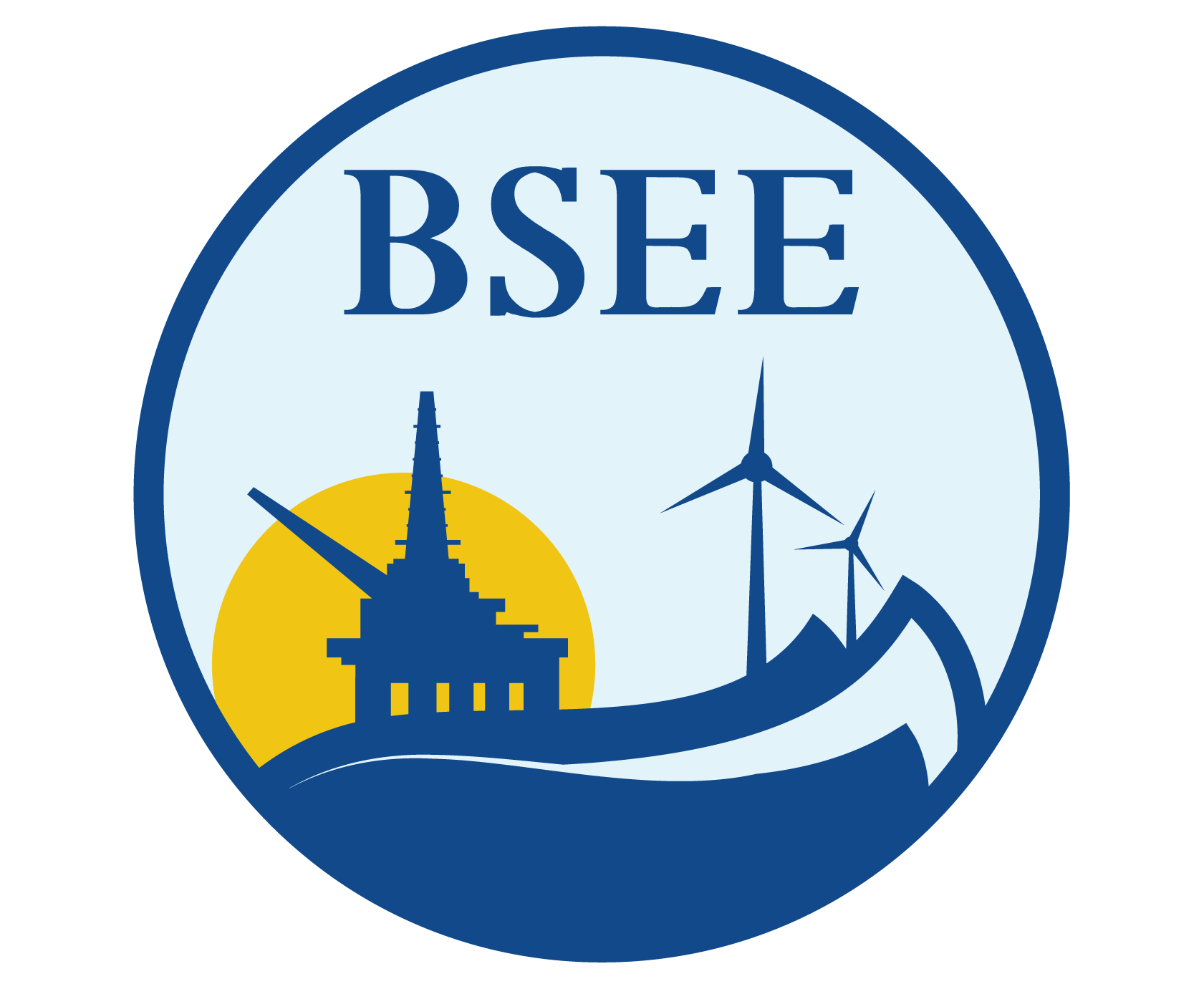An International Workshop on Fire and Blast Engineering for the Offshore Industry
This project will organize and facilitate a two-day international workshop on fire and blast engineering in June 2002. This meeting will work on the initiatives that have begun to update existing API guidance relating to Fire and Blast to include technological advancements over the last 10 years to encompass deepwater, floating and moored structures. Seven working groups will be used at this meeting and are as follows:
